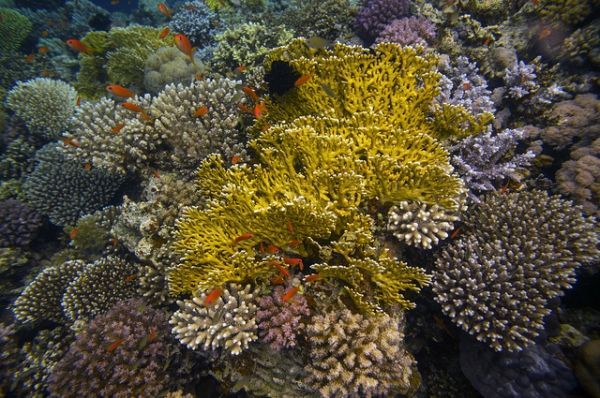Climate change is bad news for coral reefs around the world, with high ocean temperatures causing widespread bleaching events that weaken and kill corals. However, new research from The University of Texas at Austin has found that corals with a solitary streak – preferring to live alone instead of in reef communities – could fare better than their group-dwelling relatives.
The findings, which could potentially give clues about where modern reef conservation efforts should be focused, are based on a survey of coral species that survived during a period of warming in Earth’s past that resembles the climate change of today. And while the research suggests that corals may cope better with climate change than expected, the isolated lifestyles of the survivors could mean that the coral ecosystems of the future could be bleak.
“Although corals themselves might survive, if they’re not building reefs, that’s going to cause other problems within the ecosystem,” said Anna Weiss, a Ph.D. candidate at the UT Jackson School of Geosciences who led the research. “Reefs support really big, diverse communities.”
The environment isn’t the only thing facing a bleak future. The coral species with the best odds of survival are drab in comparison to colorful reef corals.
Read more at University of Texas at Austin
Photo Credit: Mal B / Flickr


